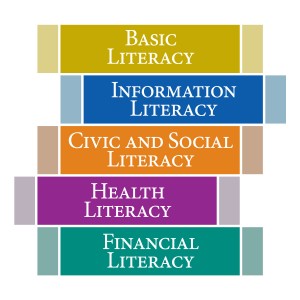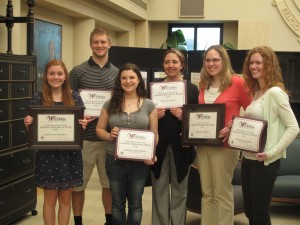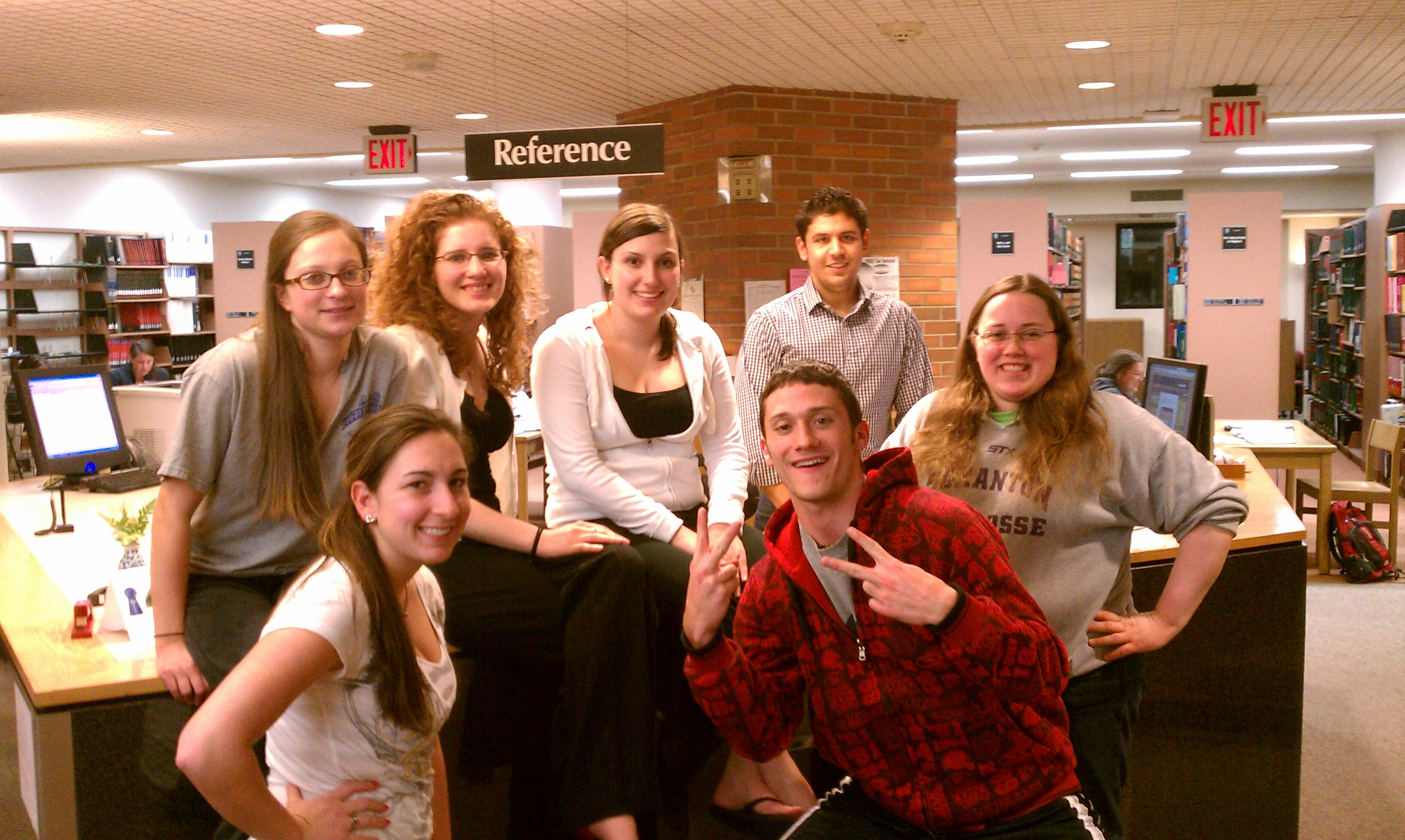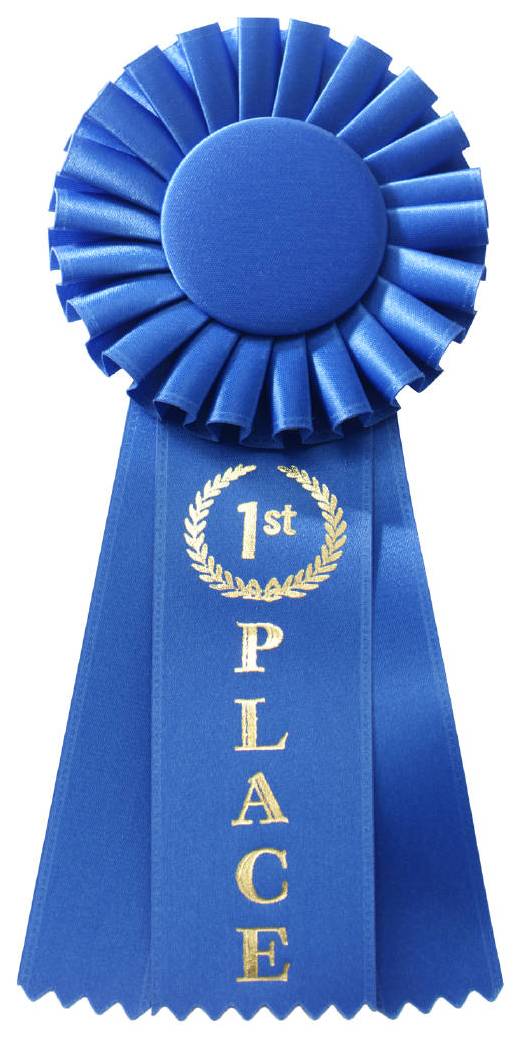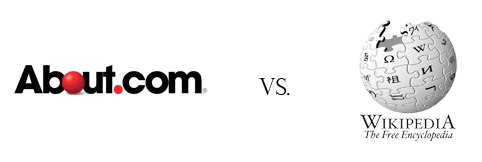
About.com is a free information resource tool which shares a few similarities to it’s widely popular colleague, Wikipedia.
Some of the similarities are that they are both free resources and they’re extremely easy to use… Another one is that they don’t look great when citing them in a research paper.
Wikipedia is undoubtedly the more popular resource and almost certainly has more articles in its collection.
However, the biggest difference between the two is the way articles are written.
As most everyone knows, Wikipedia uses “group intelligence” to compile what many consider to be highly accurate and extremely accessible information; whereas others consider it to be riddled with erroneous information, typos, and consider it poorly written.
About.com has each article written by a single author. The authors of the articles are known as About.com Guides. These Guides are hired by About.com solely to be their resident expert in a given field. At first glance About.com sounds like it has an advantage over Wikipedia in so much as it could provide more reliable information. However, not all of the About.com Guides live up to the standards that are required in Academe. Most guides are not scholars, they do not have a Ph.D., and haven’t dedicated their lives to their given field.
Many guides on the other hand are very well informed and highly trained, so another similarity between About.com and Wikipedia is that they are mixed bags. You could be getting high quality information from both, but by the next paragraph you can be reading something that simply isn’t true.
The fact is that you are going to get information from website such as About.com and Wikipedia (I do it too), but if there’s one thing I’ve learned from websites like these, depending on the accuracy of information that you need, it’s OK to read these articles.
The important thing is that you cross reference the information provided with a more reliable source (i.e. encyclopedia, handbook, reference manual, etc.).
Please know that I am not saying its OK to cite Wikipedia and About.com in your homework assignments (I am 100% against that), what I am saying is that it’s OK to check information resources like these, but you should always check more than one resource to make sure the information is accurate. Lastly, make sure those additional resources are highly reliable — those are the resources you can cite!


